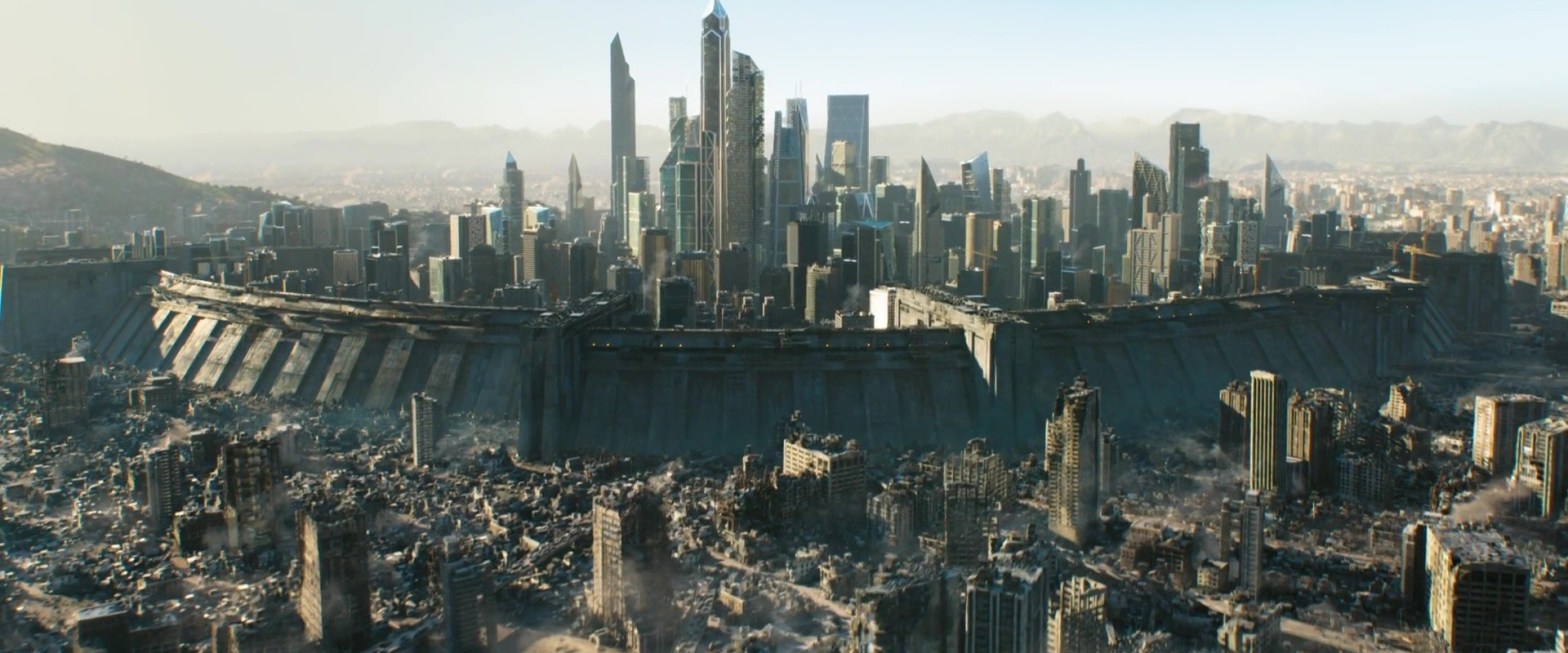Smart Cities: An Impending Dystopia
To some, being able to exist in the world without needing to drag around your keys or your wallet would be a blessing. For others, the consequences that would come with this sound more like a nightmare. Modern issues like pollution, food insecurity, and wide economic inequality have led many to debate whether humanity would be better off in a smart city. Smart cities use a combination of 24/7 surveillance, data tracking, and “the internet of things” (meaning internet connectivity of essentially everything) and more, to essentially automate existence in a city. Rather than the utopian dream that smart cities are portrayed as, smart cities would be detrimental to human existence.
When you look at all the issues with modern cities on paper, it might be logical to conclude that we need to become more technologically dependent to solve our issues. However, to conclude this, you must overlook that becoming dependent on technology is what got us into this situation in the first place. Indigenous peoples existed for thousands of years without ever experiencing an ecological crisis. With the onset of technology, we’ve reached crisis level within a few hundred years. As such, it seems that going further down the rabbit hole would not be in our best interests. Becoming more and more technologically dependent erases the need for humans to be aware of their environment and their impact on it. We should strive to implement measures that would increase the population’s awareness of their environmental impact instead of letting artificial intelligence make all these decisions for us. As can be seen in many of the infographics explaining smart cities, there is essentially no area of existence that isn’t monitored and controlled. From environmental changes to safety measures, means of transportation, even food distribution, everything is monitored and controlled by algorithms and artificial intelligence. Essentially, this would be the end of what we recognize today as our freedom of choice.
Along similar lines, not only would citizens lose the right to make decisions about their basic needs, smart cities often come along with smart governance. We’ve already seen the reality of smart governance or eGovernance with facial recognition and social ranking systems in China. There have also been numerous dramatic portrayals of the dangers of allowing “smart” systems with no empathy rank and control human destiny. For example, we watched an episode of Black Mirror titled “Nosedive” where subjective rankings on interactions with other humans could affect your entire existence within society. Some consequences were not allowing you to enter a building or travel if your rank dropped below a certain point. With any endeavor that operates completely on big data (extremely large data sets that can only be analyzed by a computer, not a person, that reveal patterns, trends, and associations especially relating to human behavior and interactions) the question of data bias must be posed. Computers have no empathy, so it is impossible for an algorithm to truly understand WHY someone does something, it can only understand that actions prompt or correlate with certain behaviors. For example, targeted advertising has made it almost impossible to show a movie or episode to my class without them being subjected to my tampon or cat food advertisements. While this is a low-stakes scenario, one can only imagine the extent this would amplify if the whole city was run on your private data.
Those on the other side of this argument would emphasize the importance of smart cities for sustainability of future cities. It is completely true that modern cities need to be re-imagined with regard to sustainability, however this is not the ONLY way to ensure that our path forward is more sustainable. Why not purely focus on developing renewable energy without the constant data tracking? It is highly concerning to imagine living in a smart city where your data could possibly be hacked or manipulated as this would affect your entire existence in the city, not simply your online presence. There is already a question of whether our political process has been affected by hacking and manipulating big data and social media platforms to sway results one way or another. This is a great concern when it comes to possibly living in a smart city.
To sum up, while smart cities may look futuristic and appealing, we must be wary of a system put in place to take all of the decision making capabilities away from humans. In addition, there is great concern for manipulation or bias to appear when collecting such massive amounts of data from people, and very little reassurance that this data would be protected in a security breach. Instead of moving to a smart city, maybe move to a farm. This would accomplish the sustainable goals of a smart city without losing your privacy and control of your life.
Works Cited
“Nosedive.” Black Mirror, created by Charlie Booker, season 3, episode 1, House of Tomorrow, 2016, www.netflix.com/title/70264888.
“The Need for Smarter Cities.” University of Miami Institute for Data Science and Computing. www.ccs.miami.edu/focus-area/smart-cities/.

Written By: Guest Author


Ironically, everyone who can is moving out of the cities.
LikeLike